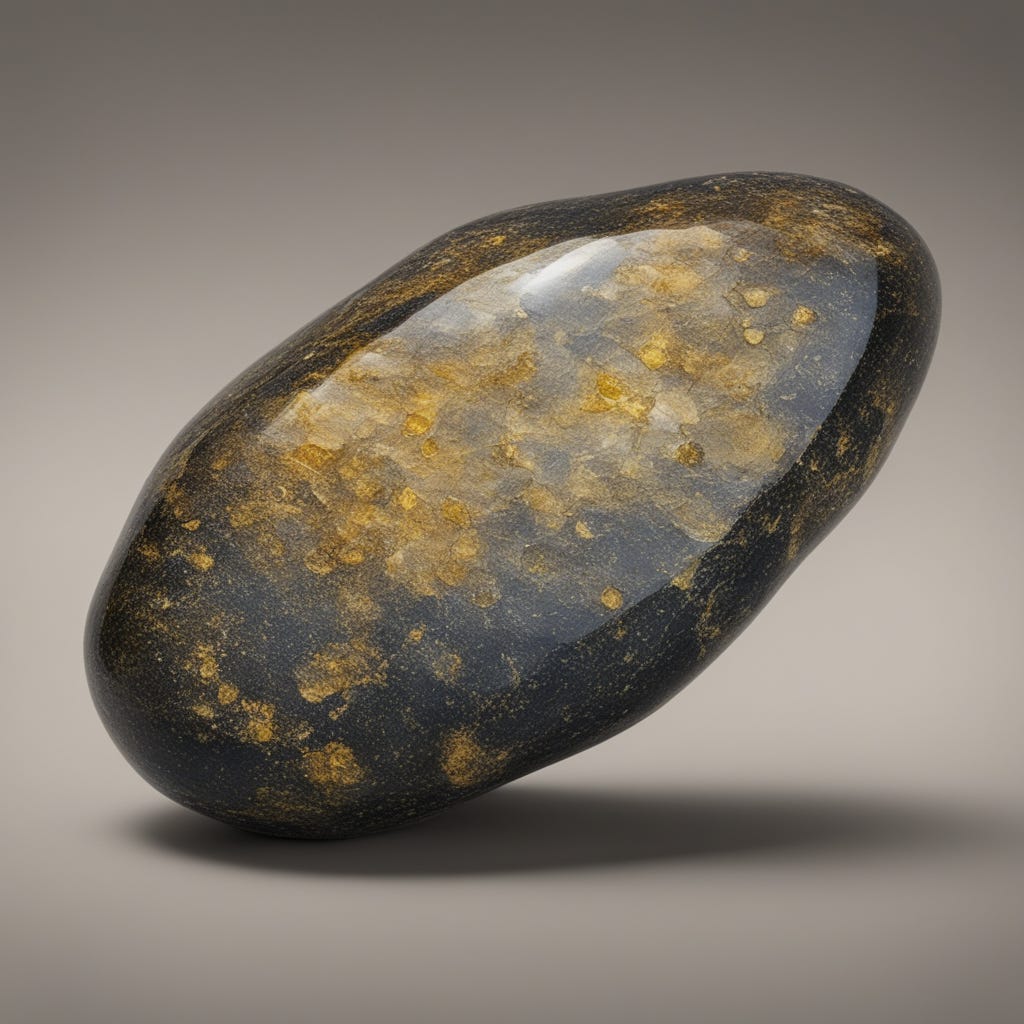Greasy Stones
Unearthing the Mystical Significance of Oil in Parashas Vayetzei and Beyond
Parashas Vayatzei, along with much of Bereishis, recounts stories familiar to us since childhood. As adults, revisiting these Parshiyos offers a refreshing perspective, one that is both mature and expansive.
The Parashah begins with Yaacov on the run. He was ordered by his parents to leave, but he was also urgently driven to escape his vengeful, bloodthirsty brother, Esav.
Yaacov Avinu left Beer Sheva to seek smoother pastures in Charan where he would be safe from Esav. Charan was also a potentially dangerous territory. As much as he was fleeing for his life, Yaacov was also leaving Eretz Yisrael, the holy land, where the Shechina makes its home and blesses it in abundance.
Hashem orchestrated that Yaacov should rest one last time in the holy land. This gave the opportunity for Hashem to assure Yaacov that He will always be by his side, no matter where Yaacov may find himself.
Yaacov finds himself on what is, quite literally, the holiest hilltop in the holiest land. There, he arranges s…




